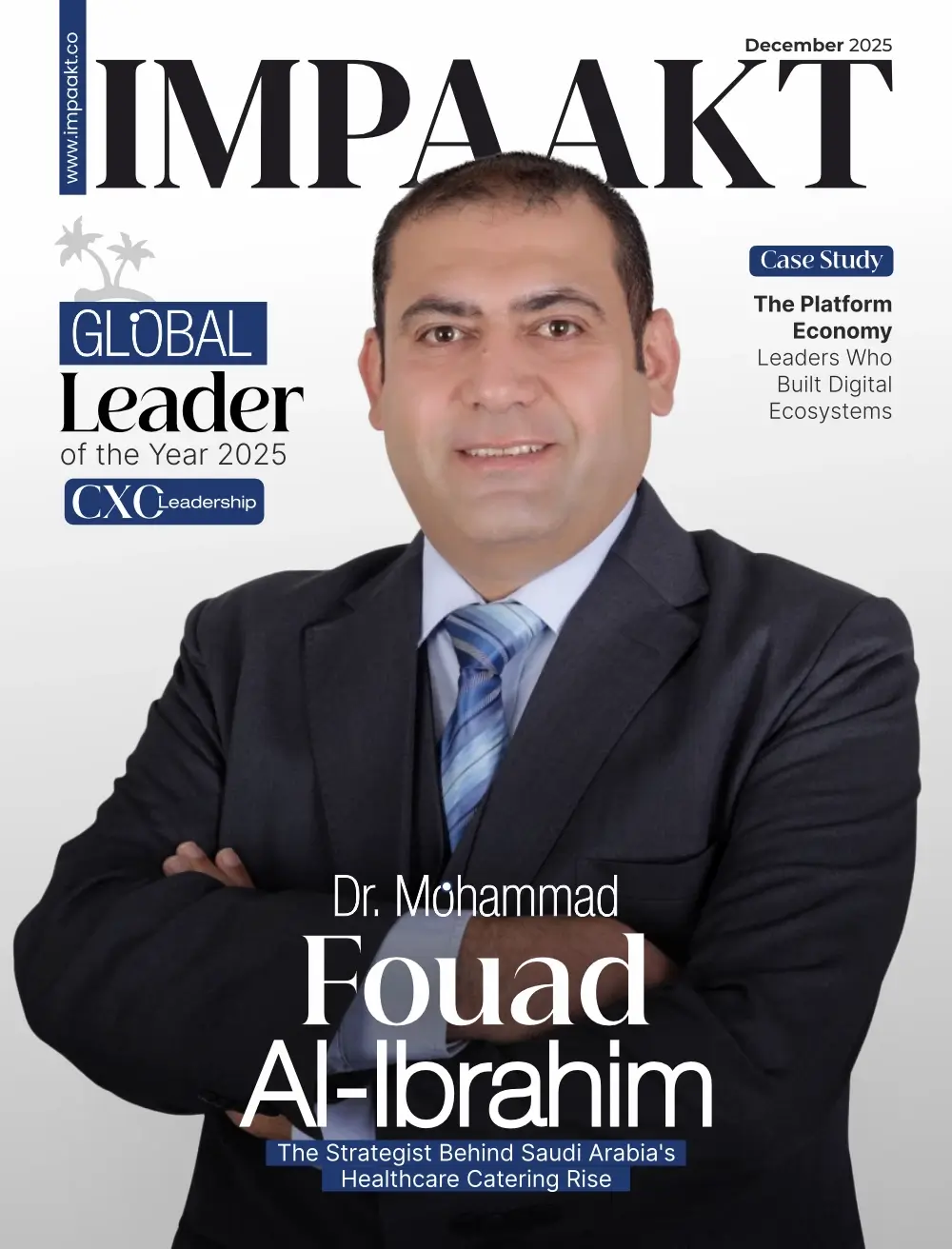Space travel represents one of humanity’s greatest achievements, pushing the boundaries of what we know and what we are capable of doing. While we’ve made significant strides in overcoming the physical challenges of space exploration, as well as mastered a variety of physical problems with space travel the psychological challenges remain a complex and evolving frontier.
As the human brain remains a mystery, not yet fully explored and understood, each person thinks and reacts differently to the same situations and conditions, on Earth or in Space. This makes it challenging to predict how a group of astronauts will respond to the high-pressure environment of space. However, experiments and simulations conducted in similar conditions on Earth can help us better anticipate their behavior. To receive more insights and to better understand this issue, let’s dissect the following factors.
Major Factors Contributing
Some of the major factors contributing to creating psychological discomfort and stressful situations could be – isolation and confinement, long-duration missions, microgravity effects, workload and performance pressure, neurobehavioral system, and performance issues because of radiation, carbon dioxide, noise levels in space, and sleep disturbance.
According to National Aeronautics and Space Administration (NASA), 27% of astronauts experience incidences of anxiety and 28% of astronauts experience Depression. This can also be referred to as a Unique Psychological Issue – Third Quarter Phenomenon, A condition where the mood decline leads to demotivation and a decline in morale, halfway through the space mission is reported in 60% of the astronauts.
When we are on planet Earth, we have the luxury to pick up a mobile and make a phone call whenever we feel isolated. If we feel we need a change of environment we can go on a walk or change places. The daily activities that we perform like eating, sleeping, taking a bath, having a walk in nature to refresh our mind, etc seem very taken for granted when we are on planet Earth but these things definitely seem to be a luxury in an isolated and unpredictable environment such as Space.
The Space environment is a completely new ground for humans to adjust and adapt where precision is required to be the top game, due to a lot of experiments and workload astronauts having thoughts of anxiety and depression is quite common which could lead to Human errors. For example, bodily stress is measured by urine and blood samples in the Space station but what about Psychological Stress?
As Astronaut Mike Barrat once mentioned, “Astronauts are more worried about Screwing up than Blowing Up.” This signifies the need to counter and take appropriate measures for psychologically stressful issues in space.
Exploring Key Theme
Considering the several experiments conducted by space agencies and private companies, assessing the stress levels of human operations in space is yet to be fully understood. One such experiment conducted by the European Space Agency (ESA), ‘The Immuno Experiment‘ generated some crucial results in understanding the relationship between the central nervous system and the immune system, under stressed conditions in space.
In this ‘Immuno Experiment’, a Questionnaire was asked to the astronauts to assess their own level of stress, stress-related hormones were measured through saliva, urine, and blood samples, and the samples taken were used to analyze immune cell reaction to environmental stress. Simultaneously, a small quantity of blood was frozen in space and fresh blood was taken on Earth. When both the blood samples were compared against each other, results showed that fresh blood samples were more contaminated with common illness-causing pathogens such as fungi, bacteria, and herpes. Researchers found that the immune system reacted heavily to some new threats too.
This signifies that, when there is stress in the central nervous system, it affects the immune system and vice versa. Though the real reason is unknown, the implication in the above experiment is that the immune system adapts to the germ-free environment where the immune system is germ-free staying extra alert, possibly pointing towards environmental stress due to unfamiliar and unpredictable environmental conditions.
Measures
The measures to prevent Stress on a Spaceship could be categorized as Pre-mission measures, post-mission measures, and In-mission measures.
Pre-mission measures could include psychological training where astronauts should be given regular counseling sessions, and pre-defined measures on how to deal with anxiety attacks and panic. Simulated training can also help familiarize the mind with future environmental conditions, preparing it in advance to take necessary measures more calmly.
Post-mission measures could include analysis from data gathered, where detailed analysis could be made categorizing it according to astronauts’ characteristics like age, gender, history, etc and collecting a common pattern on how these factors contribute towards stress. Also, we could analyze which environmental conditions contribute most towards stress so that we could take advance measures such as Lighting up the mood, avoiding heavy and precision required tasks on the day, etc.
In-mission measures could include Machine Learning to Predict Behavioral Conditions, A smart headband to improve Sleep Quality, and also Virtual Reality games in space to give an Earth-like feel.
Apart from this, working on Mental Health and preparing mentally for oneself could be a game changer. How could this be achieved?
Astronaut Leroy Chiao, Rtd. International Space Station (ISS) Commander, suggested some measures based on his personal experience, such as setting up expectations, making sure your operations are organized so that you don’t get irritated by unknown surprises, keeping the channel of communication up to chat with family, friends and necessary folks and last but not the least Keep Your Spirits High!!!
Real-time insight
Understanding the psychological state of astronauts is crucial for the success of space missions. Professor Mark Huckvale from University College London explored this by studying how changes in voice can indicate shifts in mood and mental state. In his experiment, six cosmonauts were confined in a spacecraft module prototype for nine months, which was parked in a car park. During this time, he recorded their speech during conversations, video calls, and voice calls. By analyzing these recordings, he could detect changes in their mood and excitement levels. Identifying patterns in their behavior helped reveal when an individual might be experiencing unusual stress or mood fluctuations. This insight could be used to avoid assigning critical tasks to astronauts on days when they are not in their best mental state, reducing the risk of human error and potential accidents during missions.
Conclusion
As they say…. it’s all in your mind. At the end of the day, it’s important to address the elephant in the room and not neglect mental health while planning such critical and insightful missions.
A great combination of activities such as psychological pre-screening while setting up a team of astronauts for the mission, looking at their professional and personal tunning to work as a team, helping them give near real-time simulation experience to understand and address the situation in space better to avoid any last minute shocks for the mind, could be beneficial when addressing the real-time problems.
Similarly, getting familiar with concepts like isolation, microgravity, dealing with noise levels, etc could be beneficial for long-term space missions. Collecting extensive data and analyzing it for common behavior patterns can help mental health support teams better understand the psychological state of astronauts. Therefore, psychological challenges will always be a part of human spaceflight missions, and as the industry evolves, we can expect more such involvement of cross-industrial expertise in this vertical to strengthen the research and studies related to human psychological challenges in space.
Read more on IMPAAKT and be part of the conversation on sustainable and human-centric space missions!

 More about Aishwarya Kasulkar
More about Aishwarya Kasulkar










